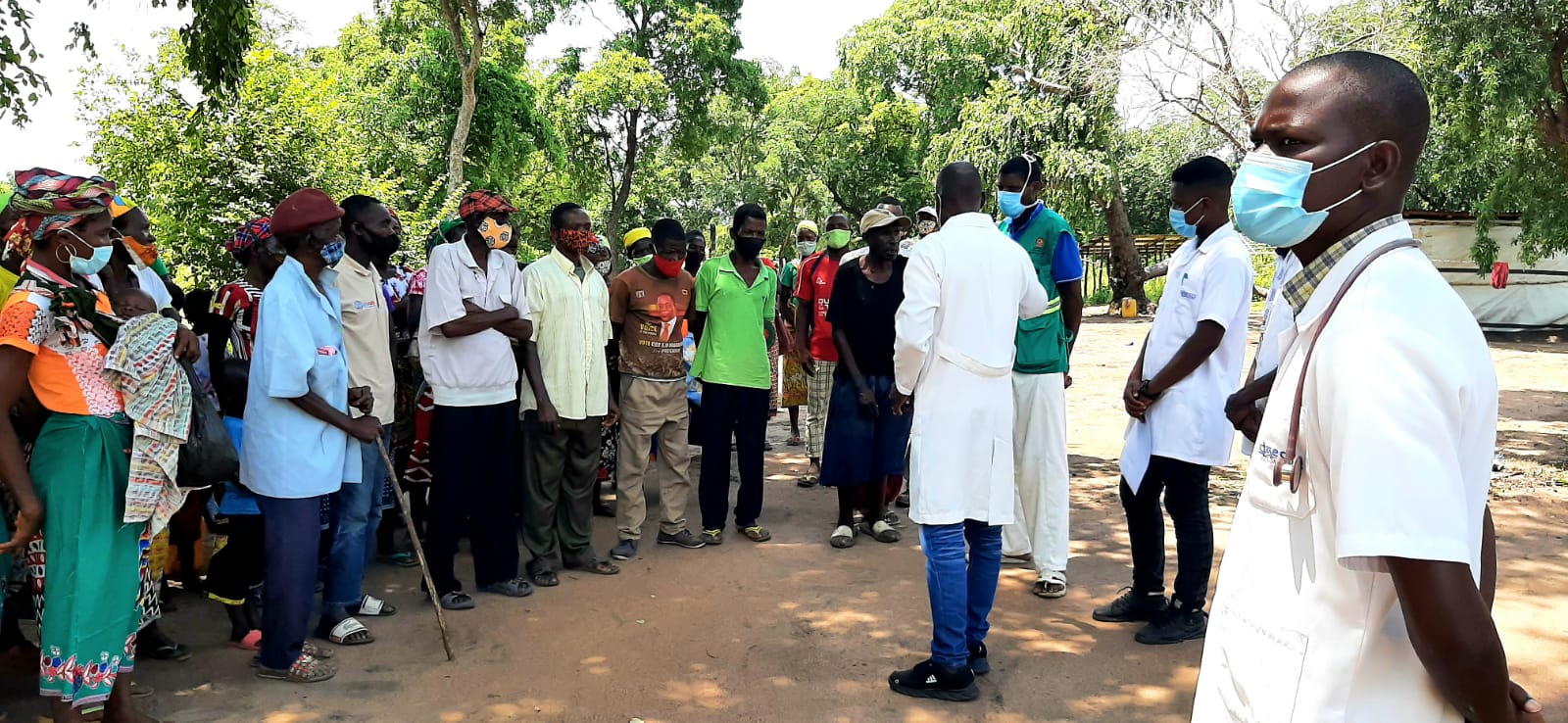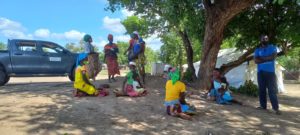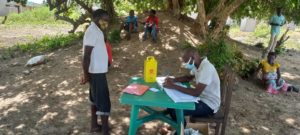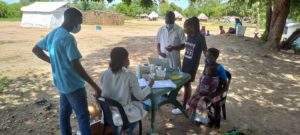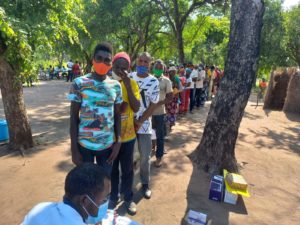DREAM: protection for the vulnerable population of Beira, the interview with Moisés Balamala Mandiquice
We interviewed Moisés Balamala Mandiquice, general medicine technician and provincial coordinator of the Community of Sant’Egidio’s DREAM Programme.
Moisés collaborates in the DREAM project: protection for the vulnerable population of Beira – supported with Otto per Mille funds from the Italian Buddhist Institute Soka Gakkai.
The project responds to the need of the most fragile population in the city of Beira, which, due to various climatic events, has seen its access to health services shrink even further, especially among pregnant women, orphans and people with HIV.
The already inadequate health service due to a structural lack of technology and expertise was further damaged in 2019 by Cyclone IDAI and, after aid in the first months and great international solidarity, reconstruction is slow. In addition to this already complex situation, the reality in Africa in the face of the COVID-19 pandemic is precipitating due to an acceleration of the disease never before seen on the continent.
The project has, among other objectives, the goal of ‘Ensuring wellbeing and health for all in Mozambique’.
Thanks to this project, a positive impact is being made on the reduction of HIV-related mortality and a reduction in the transmission of the virus particularly among the most vulnerable, affected by humanitarian emergencies and the COVID19 epidemic.
Among the many planned activities is the mobile clinic, where a team of nurses, doctors, pharmacists, medical technicians and drivers travel to the remote locations of Mutua, Nhamatanda, Buzi and Chibabava.
During these interventions, the health personnel carry out testing, counselling, screening for HIV and related diseases, awareness-raising, hygiene education, and distribution of drugs. In this context, we put some questions to Moisés Balamala Mandiquice, a general medicine technician who is part of the mobile clinic team:
- As this is the second round of mobile clinical brigades in the districts of Sofala, what are the demands you encounter?
We find a population in very difficult and precarious housing and health conditions. There is a real lack of qualified clinical staff to care for the different diseases of the people in these centres. Unfortunately, there is a high malaria index and the population has not yet adapted economically and is without support for basic necessities.
- How important is this activity for the displaced population of Beira?
This activity is very important because it gives the inhabitants access to medical consultation and differentiated medicine.
In these areas, it is very difficult to get proper health care advice.
- Do you think it is necessary to hold these mobile brigades on a regular basis so that so many people living in precarious conditions can have a medical examination?
Yes, it is extremely important to provide medical and moral support, to improve the self-esteem and hope of the population as well as to ease the burden of the district with regard to the challenge of providing medical care to the settled population.
- What activities exactly take place during the work of the mobile clinic?
We usually carry out consultations for adults and children, provide medication supplies and help by giving advice on how to treat oneself.
- What does a mobile clinic brigade look like? How many staff does it have? What resources should it have?
The key personnel for our mobile clinic are: a doctor, a medical technician, a pharmacy technician, a nurse and the driver. The basic resources are to have a car, to have medicines, alcohol gel, stethoscope masks, gloves, and to have logistics for the staff.
